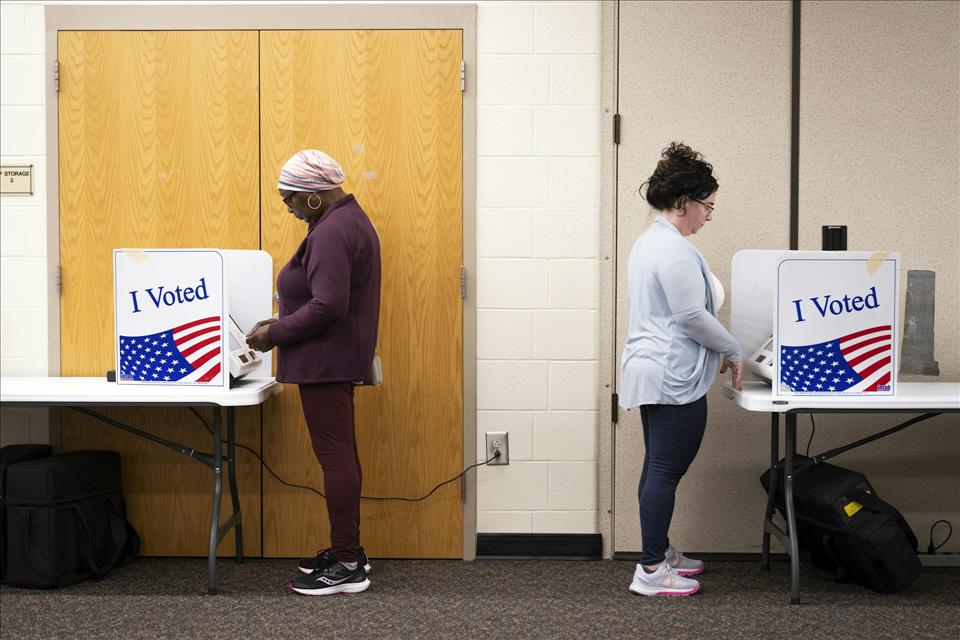
Independent Voters Think For Themselves And Stay Out Of Politics 3 Essential Reads
The Conversation U.S. has published several articles about what is known, and why it's hard to know much more. Here are selections from some of those articles:
1. How many independent voters are there?It's very hard to answer that question, wrote Thom Reilly , a professor of public affairs at Arizona State University. Part of the problem is figuring out how to define who independent voters are. Surveys often ask people if they are Republicans, Democrats or independents, and if they answer that they are independents, the surveys ask how strongly they might lean toward one party or the other. But this muddies the waters of political identity, Reilly wrote:
Those changing alignments, Reilly wrote,“may require scholars, media outlets and the public to shift their traditional two-party view of American politics.”
Read more: Why is it so hard to know how many independent voters there are?
2. Independent voters think for themselvesIndependent voters exhibit a key quality that most Americans expect of their fellow citizens: They base their views on their life experiences.
Unfortunately, as politics scholars Shanna Pearson-Merkowitz at the University of Maryland and Joshua J. Dyck at UMass Lowell explained, this is an attribute almost unique to political independents:
For instance, independents living in neighborhoods with high levels of gun violence are far more likely to report being concerned about gun violence than independents who live in safer areas. But, Pearson-Merkowitz and Dyck wrote,
Read more: Politics is still both local and personal – but only for independents, not for Democrats or Republicans
3. Independents less likely to engage in any politicsResearch into independents' political activity finds them tending to stay away from politics, wrote Julio Borquez , a political science scholar at the University of Michigan-Dearborn:
Research has found members of this group“tend to be genuinely put off by partisan conflict and party labels,” Borquez wrote. Different studies have found, for instance, that they prefer photos of neighborhoods that did not show political yard signs over the same photos of the same neighborhoods with homes displaying political yard signs. And they pay less attention to campaigns and partisan social media than people with partisan affiliations.
So they are indeed independent – but the question remains whether they will be uninvolved in 2024 or motivated to cast their ballots and make their views known.
Read more: Independent voters are few in number, influential in close elections – and hard for campaigns to reach

Legal Disclaimer:
MENAFN provides the
information “as is” without warranty of any kind. We do not accept
any responsibility or liability for the accuracy, content, images,
videos, licenses, completeness, legality, or reliability of the information
contained in this article. If you have any complaints or copyright
issues related to this article, kindly contact the provider above.


















Comments
No comment